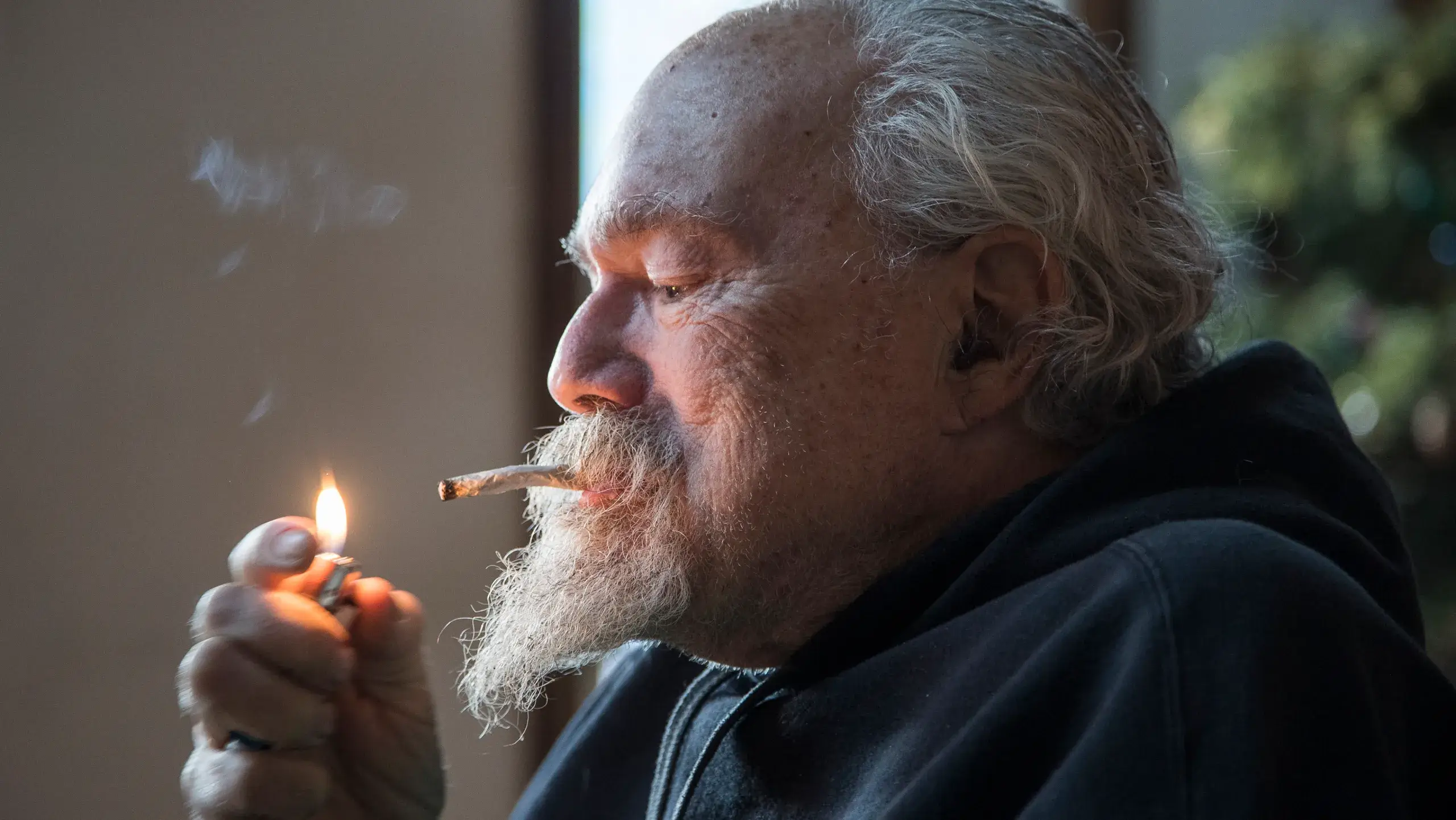John Sinclair, an iconic poet, music producer, and a pivotal figure in counterculture and cannabis activism, passed away at 82 last Tuesday. His death occurred at Detroit Receiving Hospital due to heart complications.
Sinclair’s repeated minor marijuana offenses resulted in a substantial prison sentence, which not only inspired a John Lennon song but also led to a major 1971 concert with stars like Stevie Wonder and Bob Seger.
Early Life and Path of Sinclair
John Sinclair, who grew up near Flint, Michigan, earned his English Literature degree from the University of Michigan-Flint in 1964. His career spanned multiple domains, such as performance art, journalism, and political advocacy.
He was integral to the “New Left” movement, advocating for cultural liberation. After the White Panther Party disbanded in 1971, Sinclair established the Rainbow People’s Party.
The Concert Leading to Sinclair’s Release
John Lennon composed a song, “John Sinclair,” highlighting his plight and advocating for his release from incarceration. This song and a large-scale concert at the University of Michigan’s Crisler Arena, which drew a crowd of 15,000, played a critical role in his release from prison, only 29 months into his sentence.
Sinclair’s Ongoing Advocacy and Musical Influence
Post-release, Sinclair remained a vocal proponent for cannabis legalization and played a pivotal role in Ann Arbor’s minimal marijuana possession fines. His musical journey included managing Mitch Ryder and the influential rock band MC5.
Spanning six decades, Sinclair’s life was a testament to his commitment to art, culture, and progressive movements, especially in advocating for cannabis rights.
Legacy of John Sinclair
In his final months, Sinclair witnessed his friend Wayne Kramer teach at Wayne State University. He was also involved in radio and wrote for artists like The Isley Brothers. A staunch advocate for marijuana rights, Sinclair’s impact in various fields is a lasting tribute to his dedication.
Sinclair’s enduring commitment to arts, culture, cannabis advocacy, and social change is a significant part of his legacy, reminding us of his persistent efforts to improve the world.





